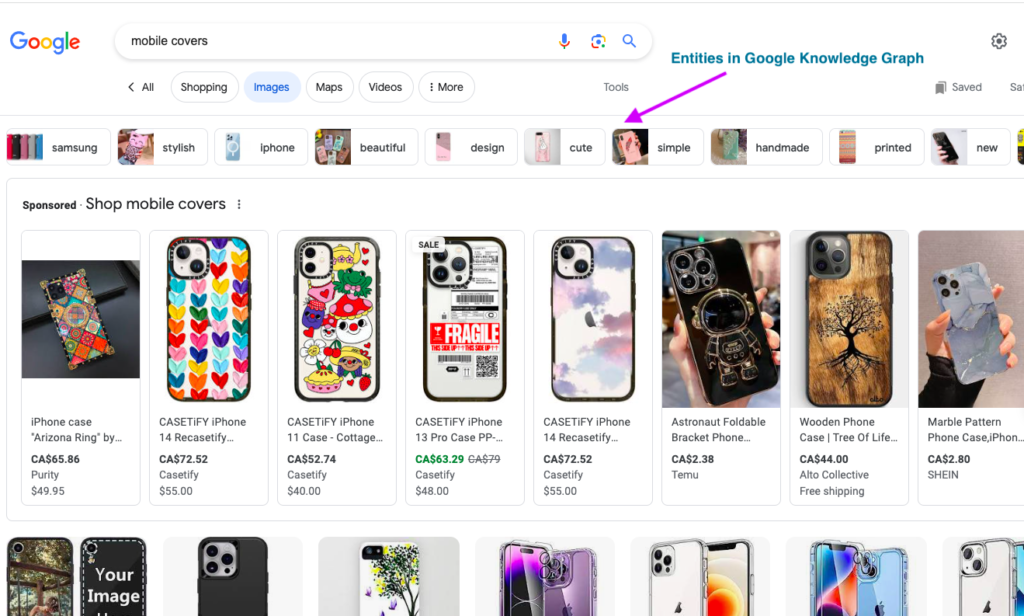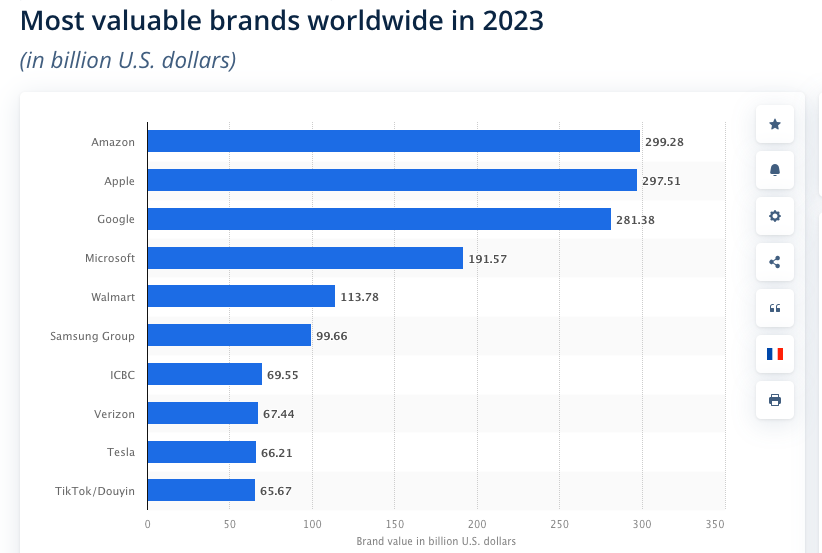Let's talk about you.
"*" indicates required fields

If there is a word full of “woo” in digital marketing, it is SEO (Search Engine Optimization). Used interchangeably for an optimization technique & a person who does the optimization, SEO is the quintessential algorithm-chasing game.
From Keyword stuffing to backlinks from PBNs, SEOs always try to figure out how to “game” the system. This cat-and-mouse tussle between Google and digital marketers is what one may call SEO. However, such generalizations don’t show the complete picture, and SEO is much more than just gaming Google.
However, the increasingly complex technical advances and billions of dollars worth SEO industry have convoluted the SEO practice beyond recognition. Some simple truths are still relevant:
Before getting into the weeds, let us step back and understand the “Why”.
There are myriad reasons why an SEO strategy is a good idea for a brand. No matter the type or stage of your business, an SEO strategy can help you differentiate from your competitors. Here are the top reasons why brands need an SEO strategy:
One of the lesser-known advantages of investing in an SEO strategy is that a brand can lean on the network effect of SEO to increase its reach. What is this network effect? Essentially, it’s a positive feedback loop that will increase your website’s reach on Google. It would look like this:
Once your website ranks on Google, more users flock to it. If your website’s content and the user experience are good, users will stick around longer, and the bounce rate of your search engine traffic will decrease. Google will notice this and send more traffic to your website. If you get lucky, some of this Google traffic will bookmark, link or share your content. If this happens, Google will send even more traffic to your site.
This positive feedback loop is what digital marketers call SEO nirvana. But it doesn’t happen quickly and requires a long-term, strategic focus on SEO.
Since 2011, Google has made at least six core algorithm updates to do one thing: Solve user queries faster and accurately. This goal drives Google’s effort and decides how Google ranks websites on SERP (Search Engine Results Page).
In 2023, Google ranks websites based on their topical authority for a search term. Websites that display expertise in particular topics receive favourable rankings. To establish topical authority, brands must produce comprehensive content covering relevant sub-topics and ensure it aligns with users’ search intent.
For example, if someone is searching for “mountain bikes”, websites in Google’s top results will have topical authority for “mountain bikes”. For this particular term, brands like Trek Bikes, Bikes.com, Canadian Tire etc., are on the first page and have topical authority for this search term.
For a website to potentially rank for the keyword “mountain bikes”; it will need to produce content that covers everything related to “mountain bikes” to gain topical authority on this topic. The challenge here is “everything” is a vague term & it is unclear how Google assigns authority.
However, there are hints about how all the world’s information gets organized and represented in a simple page with 10-blue links. Some incredible SEO sleuths have done the leg work to shed light on how the Google search algorithm works. Thanks to these internet Sherlocks, it is public knowledge that Google uses an army of search quality raters to improve its machine-learning engine.
The problem for a brand or marketing manager or a business owner is that all of this technical information is overwhelming and useless unless they are an SEO nerd. This is precisely why a marketing and branding agency like REX exists. We simplify complicated marketing and branding problems so business owners can concentrate on their core business problems. Give us a holler if you are unsure if you need an SEO strategy for your brand. Otherwise, keep reading to get into the weeds.
Building topical authority is critical to get rankings on Google. So how does one become an expert on a topic? Here are some basic steps to get you going:

If I had told you last year that in 2023 Google will be scrambling to catch up to Microsoft’s Bing, you would have laughed at me. But the truth is stranger than fiction, and we are in a bizarre timeline in the history of the internet. In 2023, Google is indeed catching up to Microsoft’s new AI-powered Bing. Based on ChatGPT’s LLM, the new Bing received an additional 15% page visits within a month of its launch.
Until 2022, the primary factor on which your Google ranking depended was the quality of your content and how helpful it is for the end user. In 2023, with the advent of generative AI like ChatGPT, Claude 2 etc., even Google doesn’t know what the future might look like. It will be full of AI if Sundar Pichai is to be believed as he rambles on at the 2023 Google I/O event:
Pretty sure Google is focusing on AI at this year’s I/O. #GoogleIO pic.twitter.com/RxlFQw2l8b
— The Verge (@verge) May 10, 2023
At the moment, nobody knows exactly how Google search is going to change. They are currently running a similar experiment as Bing, called the Search Generative Experience (SGE). SGE is available only to users in the US, and they aren’t too happy about how it works. Google AI is ripping off-website content and showing it to their users on the Google search page. Google SGE, in its current state, is called the AI plagiarism engine.

In short, the future of search is murky at best and is in for a dramatic shift. Expect more Google algorithm updates and pivots in the near future.
Even with all this uncertainty, not having an SEO strategy will be detrimental to your brand’s growth. Google is the third most valuable brand in the world, and they aren’t going anywhere.

Google will figure out how to create a more engaging search experience for its users. And SEO strategists will figure out how to stay relevant with changing times. It is what they have been doing since the time when SEO wasn’t even a term.
Is SEO something that your brand should focus on in 2023? The short answer is “It depends”. Talk to us to determine your ideal marketing mix and if SEO should be a part of it.
Blog Feature Image Credits: Oleksandr Canary Islands from Pexels.